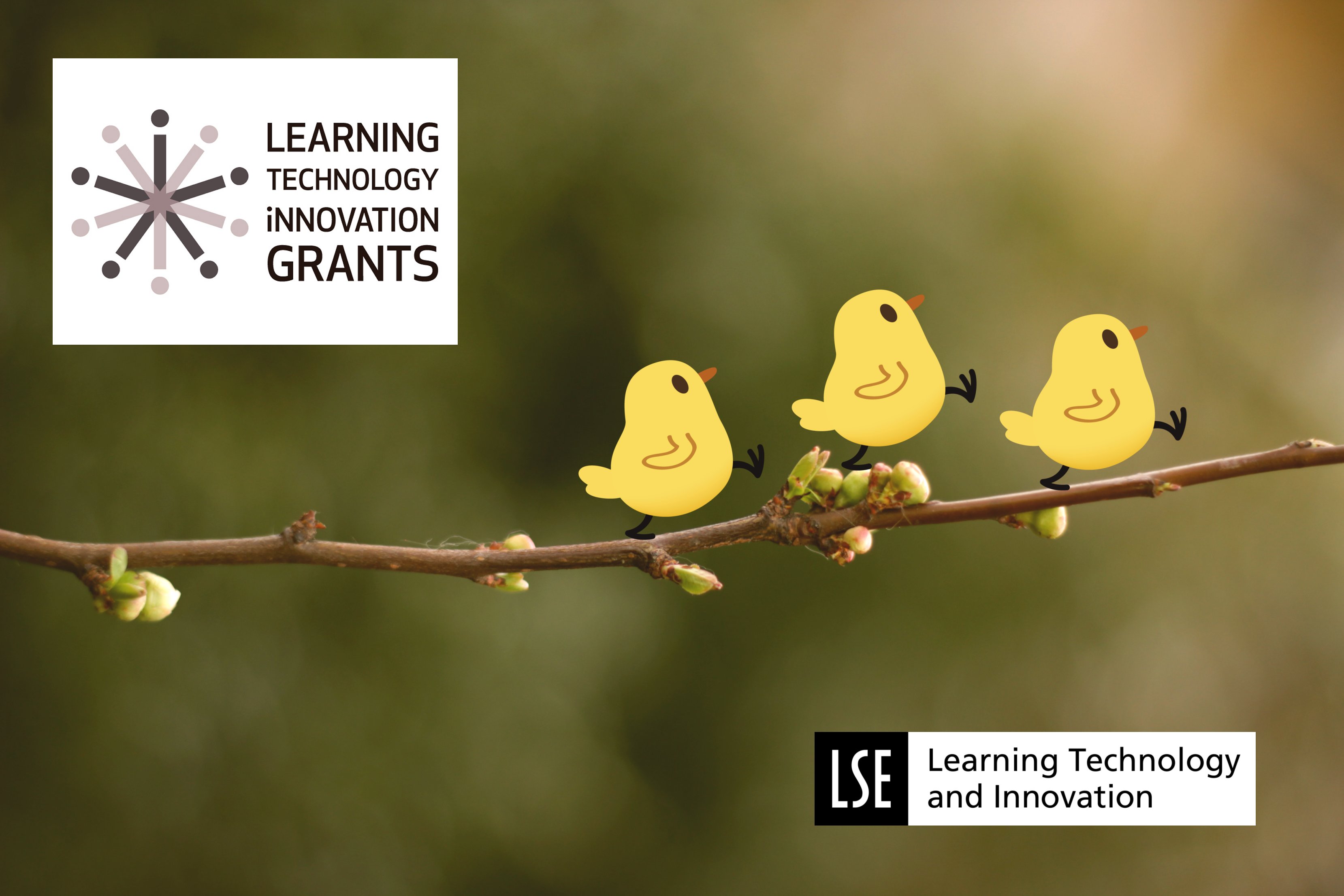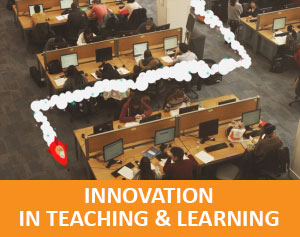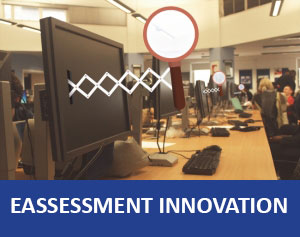 LTI grants allow academics and students to integrate the use of new technologies in teaching and learning. We are currently accepting applications for projects for the academic year 2015/16.
LTI grants allow academics and students to integrate the use of new technologies in teaching and learning. We are currently accepting applications for projects for the academic year 2015/16.
In order to get people thinking about how they could use the grants to innovate their courses we spoke to USSC Chair Dr Suki Ali about her experience and advice regarding innovative course design.
Q1. As Chair of the Undergraduate Studies Sub Committee (USSC) you see all new course proposals for Undergraduate students at the school. What type of innovative course designs or uses of technology have impressed you most?
I’m most impressed by the willingness of people to try new things and to think about different forms of teaching and assessment.
“I am most impressed by courses that have moved to include active modes of learning and which employ less traditional models of assessment.”
There is of course great variety of teaching and assessment practices across the disciplines, so it’s not like only one stands out. I am pleased to see courses that have moved to include active modes of learning and which employ less traditional models of assessment. You can tell they’ve been thought through! I like seeing course proposals with a clear rationale that informs the whole course design, including the aims of the course, the learning outcomes and the final assessment, and which incorporate feedback properly, from formative tasks to summative assignments. Those courses also utilise technology to engage students in creative ways and to enable giving more comprehensive feedback to students. For example I think there are exciting possibilities for e-portfolio assessment which ask students to build their work in a formal way over the span of a course.
Q2. Have you noticed any trends in course design (including assessment) between departments and over time?
Yes, there appears to be an increased number of half unit courses which reduces the amount of contact time that students receive and makes the issue of getting students to engage early on and attend even more vital. There has also been a move away from the traditional model of 100% exam and towards more essay assessment and some new types of assessment. New course designs from many departments have included assessment such as projects and case studies or group work.
Q3. What are the key challenges and opportunities in creating innovative course design?
One of the key challenges is being aware of inclusivity issues when designing courses and reconsidering or rethinking forms of assessment. It is extremely important to involve students and explain why they are they being asked to complete tasks and how they meet the aims of that specific course. Students need to be given guidance and support particularly with regards to alternative forms of assessment that they may not have experienced before. You need to give students freedom to take risks and get excited about learning but you can’t make assumptions about what they already know. It can raise anxieties if it is not clear what is what is expected of them.
One of the key opportunities is to explore possibilities to refresh and innovate your own teaching. You shouldn’t be afraid of making changes as there is lots of support and guidance to help in the process. Also I would point out that innovation doesn’t have to be on a huge scale as quite small changes can make a big difference to the students’ experience of a course.
“One of the key opportunities is to explore possibilities to refresh and innovate your own teaching”
Q4. What advice would you give to those thinking about submitting an LTI grant application?
I suppose it goes back to the first question, about good course design. Innovation and technology should be appropriate to a need, don’t just try and fit something in, go back to the course design and ask yourself what are the course aims? Do your learning outcomes match the aims? and how are you assessing the learning outcomes? Then consider how this changes for each stage of learning. Innovation should not be a ‘stick’ to beat people with, but something useful that enhances learning experiences and outcomes.
Course design does involve some trial and error so you perhaps use formative tasks to test out alternative forms of assessment and lessen the risk to students as you find out what works before making changes to summative assessment.
LTI grant applications now open until Friday 29th May.
More information about the different types of LTI grant projects can be found on the grants section of the LTI blog or by clicking on the images above.











